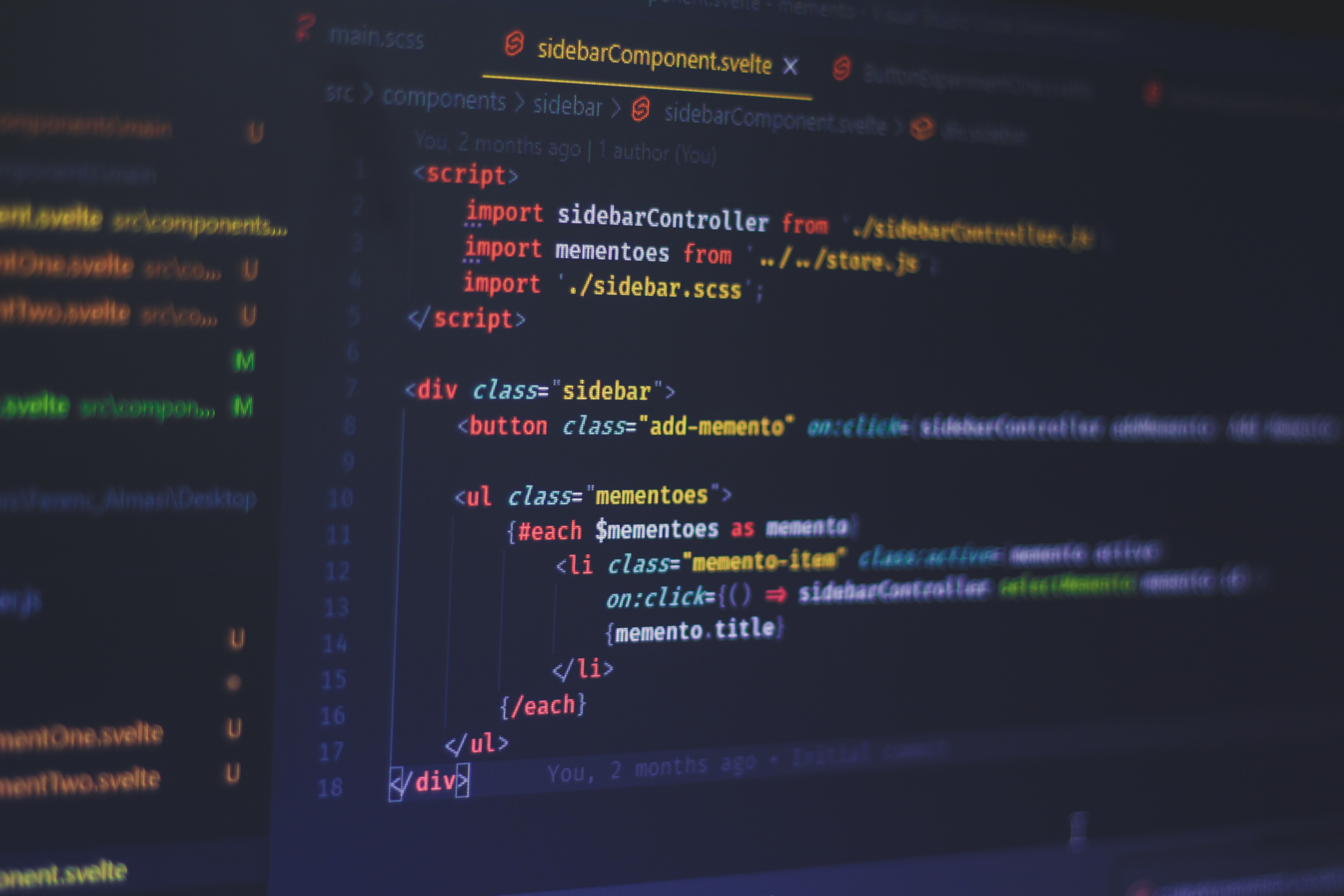In the midst of a rapidly evolving technological landscape, one may question, "Is learning to program still relevant with the rise of Artificial Intelligence (AI)?" The response is a resounding affirmative. Despite the impressive strides made by AI, the demand for programming skills has not diminished; instead, it has grown exponentially. This rise can be attributed to the symbiotic relationship between AI and programming, creating a plethora of opportunities for those adept in both.
Exploring the Interplay Between AI and Programming
Artificial Intelligence and programming aren't competing entities but rather, complement each other. AI is a child of programming. Coders use programming languages to write the algorithms that form the backbone of AI systems. While AI's goal is to automate routine tasks, it still requires human intervention for its development, improvement, debugging, and tackling of complex problems.
The Escalating Demand for AI and Programming Skills
As AI continues to pervade various sectors, the demand for professionals skilled in AI and programming is on the rise. Companies aren't just looking for individuals who understand the principles of AI, but also those who can design, implement, and improve AI systems. This intertwining of skills expands the opportunities for programmers in the AI-driven world.
The Imperative of Learning Programming in the AI-Driven Era
The Universal Appeal of Programming Skills
One of the biggest advantages of programming skills is their versatility. Programming isn't restricted to the tech sector. It permeates various industries such as finance, healthcare, entertainment, and more. As AI becomes an integral part of these sectors, individuals with programming skills will be in high demand.
AI: An Aid, Not a Replacement
Despite AI's ability to automate many tasks, it can't replace human programmers. AI systems aren't autonomous. They require programmers to create, manage, and maintain them. Learning programming allows individuals to better understand, control, and make the most of these AI systems.
Securing Your Future
In a rapidly evolving industry, programming skills are a valuable asset that can help future-proof your career. Regardless of the advancements in AI or the introduction of new technologies, programming skills will continue to be relevant.
Selecting an Appropriate Programming Language for AI
Choosing the right programming language for AI depends on the project's requirements and the developer's expertise. Here's a brief look at popular languages:
Python: Known for its simplicity and readability, Python has emerged as a popular choice for AI, especially due to its strong support for integration and a vast selection of AI and machine learning libraries.
R: R is a powerful language designed specifically for statistical analysis and data visualization. It is an excellent choice for AI projects that require comprehensive data analysis and visualization.
Java: Known for its platform-independent nature, easy debugging, and object-oriented programming approach, Java is a preferred choice for building large-scale AI applications.
Advanced Topics in AI Programming
After mastering the fundamentals, you can delve into more advanced AI topics. These include:
Machine Learning and Deep Learning: These two branches of AI involve training systems to learn and improve from experience, enabling them to make predictions or decisions without being explicitly programmed.
NLP involves teaching AI systems to understand, interpret, and generate human language. This field is essential for applications such as speech recognition, sentiment analysis, and language translation.
Computer Vision: This field involves training systems to interpret and understand the visual world. Computer vision is crucial for applications like facial recognition, object detection, and image processing.
Reinforcement Learning: This is a type of machine learning where an agent learns to make decisions by interacting with its environment. It's essential in areas such as robotics, gaming, and navigation.
Case Studies: The Real-World Impact of AI Programming
A deeper understanding of the real-world implications of AI programming can provide further motivation to hone programming skills. Let's explore a few sectors where AI programming has made a significant impact:
Healthcare: In this sector, AI algorithms have made considerable strides. They predict patient outcomes, assist in diagnostics, and even aid in drug discovery. For instance, Google's DeepMind Health AI has made strides in diagnosing eye diseases more accurately.
Finance: AI is heavily employed in risk assessment, fraud detection, and personalized banking services. JPMorgan Chase's COIN AI processes legal documents in seconds, a task that usually takes humans thousands of hours.
E-commerce: AI has revolutionized e-commerce. It provides personalized recommendations, optimizes logistics, and improves customer service. Amazon's recommendation system, driven by AI, significantly boosts their sales.
Q&A Section:
Q: Do I need a strong mathematical background to learn AI programming?
A: While having a strong foundation in mathematics, especially in areas such as linear algebra, calculus, and statistics can be beneficial in understanding algorithms, it's not a prerequisite. Many modern AI libraries and frameworks handle the complex mathematics, allowing you to focus on applying AI techniques.
Q: How long does it take to become proficient in AI programming?
A: The time frame can vary widely based on your existing programming skills and the amount of time you can dedicate to learning. A beginner might require several months to a year to become proficient in AI programming.
Q: Will AI eventually replace programmers?
A: While AI can automate certain tasks, it can't replace human programmers. Complex tasks, debugging, creative problem-solving, and strategic decision-making require human skills.
Q: What's the best way to start learning AI programming?
A: Starting with a beginner-friendly language like Python is recommended. Once you're comfortable with the basics, you can explore AI-specific libraries and frameworks like TensorFlow or PyTorch.
As we navigate the AI era, programming skills aren't just relevant – they're more critical than ever. AI continues to shape our world and brings with it countless opportunities for those equipped to seize them. Regardless of your experience level, the blend of AI and programming skills promises to be a formidable asset in the future.
Though AI strives to automate many tasks, this technology still leans heavily on human intelligence, creativity, and problem-solving abilities. AI is a tool, and like all tools, it requires skilled users to maximize its potential.
If you're pondering over learning programming, don't be deterred by the rise of AI. Embrace it. The confluence of AI and programming creates a vast landscape filled with opportunities for innovation, creativity, and impact. The AI solution that revolutionizes the industry could well be your brainchild.
This comprehensive guide covers the intricacies of learning programming in the AI era, emphasizing the interconnection between AI and programming. It also provides detailed information on various programming languages and advanced AI topics. Further enriched by real-world case studies, this guide encourages budding programmers to understand the value and scope of their skills in this AI driven landscape.
Learning Pathways and Resources
Taking the first steps into programming and AI may seem daunting, but numerous resources can guide you:
Online Courses: Platforms like Coursera, edX, and Udemy offer courses on programming and AI, taught by experts from leading universities and tech companies. Here are a few courses:
Introduction to Computer Science and Programming Using Python by MIT (edX)
AI for Everyone by Andrew Ng (Coursera)
Machine Learning by Stanford University (Coursera)
Python for Data Science and AI by IBM (Coursera)
Books: If you prefer learning from books, here are a few recommendations:
"Python Crash Course" by Eric Matthes: An excellent introduction to programming using Python.
"Artificial Intelligence: A Modern Approach" by Stuart Russell and Peter Norvig: This book is a comprehensive introduction to the field of AI.
"Hands-On Machine Learning with Scikit-Learn, Keras, and TensorFlow" by Aurélien Géron: This practical guide will help you implement machine learning algorithms.
Practice Platforms: Websites like Codecademy, HackerRank, and Kaggle provide interactive coding exercises and projects.
Remember, the path to mastery in programming and AI is a journey, not a sprint. Patience, persistence, and a curiosity to learn are your best allies.
To wrap up, despite the rapid growth of AI, the need for programming skills is not diminishing but rather growing. The arrival of AI has only accentuated the value of programming skills, pushing the demand for professionals proficient in both domains. The intersection of programming and AI offers a dynamic and exciting career path filled with opportunities to innovate and shape the future. Whether you're a veteran programmer or a newcomer, programming skills remain a cornerstone of the technological world.









